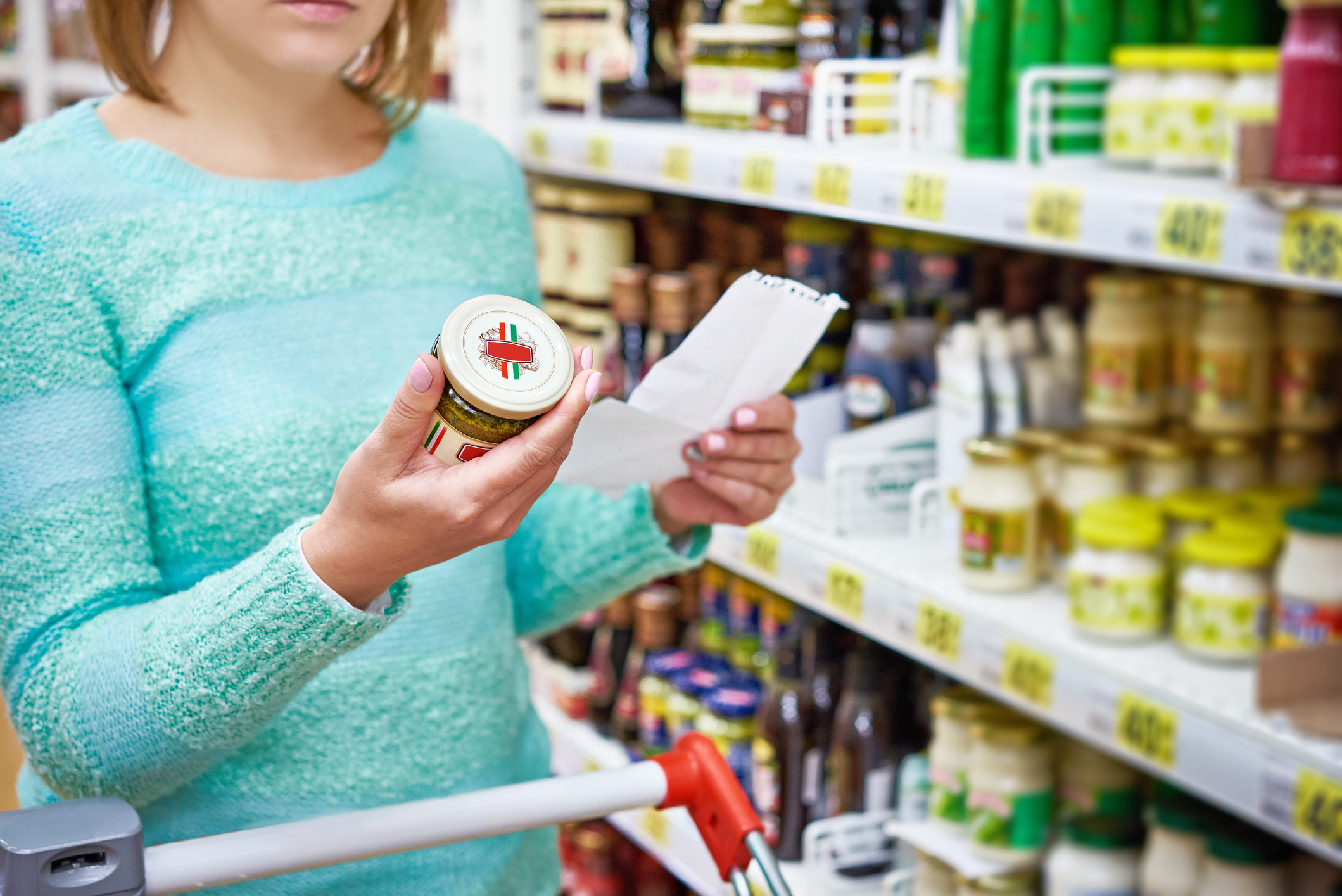query_builderBrazilian Consumers Favor Health and Practicality
All News
->All Brazil News
Published: 11/12/2018
A recently published study conducted by Kantar Worldpanel shows a variation in the consumption of 108 categories of products by Brazilian families. The data was collected from June 2017 to June 2018, a period of gradual, though still slow, economic recovery. Results indicate that consumers have been increasingly more conscious of their purchase decisions, and have given up on consuming some categories of products in order to afford other products seen as more useful and beneficial.
The product categories with highest growth in consumption in the period are frozen juice (20.1%), olive oil (18.5%), ready-to-eat desserts (17%), fermented milk (16.4%), condensed milk (14.8%), coconut water (13%), antiseptic mouthwash (12.6%), ready-to-eat snacks (12%), fresh pasta (11.3%), and industrialized toast (10.5%). Other categories, on the other hand, suffered the largest decrease in consumption, such as soy-based beverages (-29.9%), vegetable oils (-27.6%), bathroom cleaner (-17.2%), hair straightening products (-16.7%), disposable diapers (-16.5%), chloride (-13.2%), tomato pulp and puree (-12.8%), shine cleaners (-11.5%), pasteurized milk (-10.8%), and food complements (-10.4%).
The results indicate that health and practicality have been important criteria in consumers’ choices. The increase in the consumption of frozen juice, for instance, is an indication that Brazilians have valued more natural products, whereas the sharp decrease in the consumption of soy-based beverages is probably due to the surge of other alternatives to lactose-intolerant diets, such as almond milk, rice milk, and oat milk. The increase in the consumption of olive oil also contrasts with the decrease in the consumption of other vegetable oils, indicating that Brazilians might be using olive oil also for cooking, whereas before it was more frequently used only as a salad dressing.
The importance of practicality is seen in the increase in consumption of ready-to-eat desserts, ready-to-eat snacks, and industrialized toast. The decrease in some categories of cleaning products also shows that consumers are abandoning the consumption of products with no clear benefit. Aesthetic trends have also reflected in consumption tendencies, with hair straightening products suffering a sharp fall, now that Brazilian women have felt more comfortable with their natural appearance.
Overall, the total volume of products purchased has remained largely stable, having grown merely 3% since the end of 2015. For 2018, the Brazilian Association of Supermarkets projects an increase of 2.53% in supermarket sales.
Source: G1
-
No Attachments
